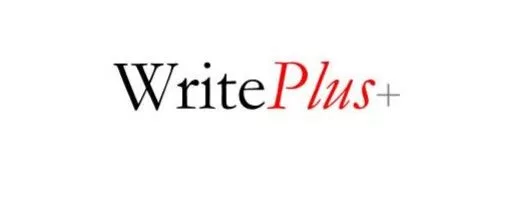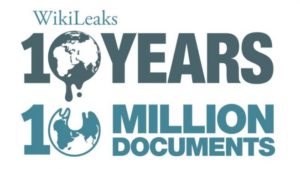Dreams from My Father – by Barack Obama
Audiobook narration by Barack Obama, publisher: Random House (audio, 2005)
Dreams-from-My-Father-Barack-Obama
What I learned from this book
If anyone has ever taken the time to listen to Barack Obama publicly speak, I think he or she would agree with me that he has an extraordinary way with words. What I didn’t know (and what most people probably don’t either) is that he also has the ability to transform his voice into a wide array of characters – much like a talented voiceover actor.
I’m not talking about one or two voices, but rather something that numbers in the double digits! He uses this ability to paint a creative canvas with different voices/characters that he unveils to us are his family and/ or friends. Whether it was his curmudgeonly (yet likeable) Anglo grandfather from Kansas; the velvety assortment of Kenyan-Kikuyan dialects depicting his late father – as well as other Kenyan relatives (both male and female); his African-American friends and teammates in the mainland U.S.; his Hawaiian peers and other locals; a pinch of Indonesian tongues; and on, and on and on.
What I liked about this book
No matter how impressive I found Obama to be prior to listening to the audio version of his inaugural autobiography, I cannot understate how much more impressive (and relatable) this work made him to me. I certainly had my doubts as to how he could/ would build the foundation of “an understanding of the dreams of someone he barely knew (i.e. Barack Sr.).” He also didn’t have access to the recollection of his mother; who also died very young in life.
Yet, I quickly became convinced at how he “filled in all of the blanks” by taking us on his journey to track down those who knew his father best – the side of his family still residing in Kenya. Without being much of a spoiler, let’s just say he was able to keep from having to “guess” or “manipulate” the details of his father’s life. He was able to track down how his father became who he was, what was important to his father, what made him tick, and what frightened or distracted him. For those of us who are familiar with absentee, enigmatic and/ or abusive parents, it is a unique and crafty approach to discovering the “secrets of the past” without having to create them from his imagination like most of the rest of us do.


